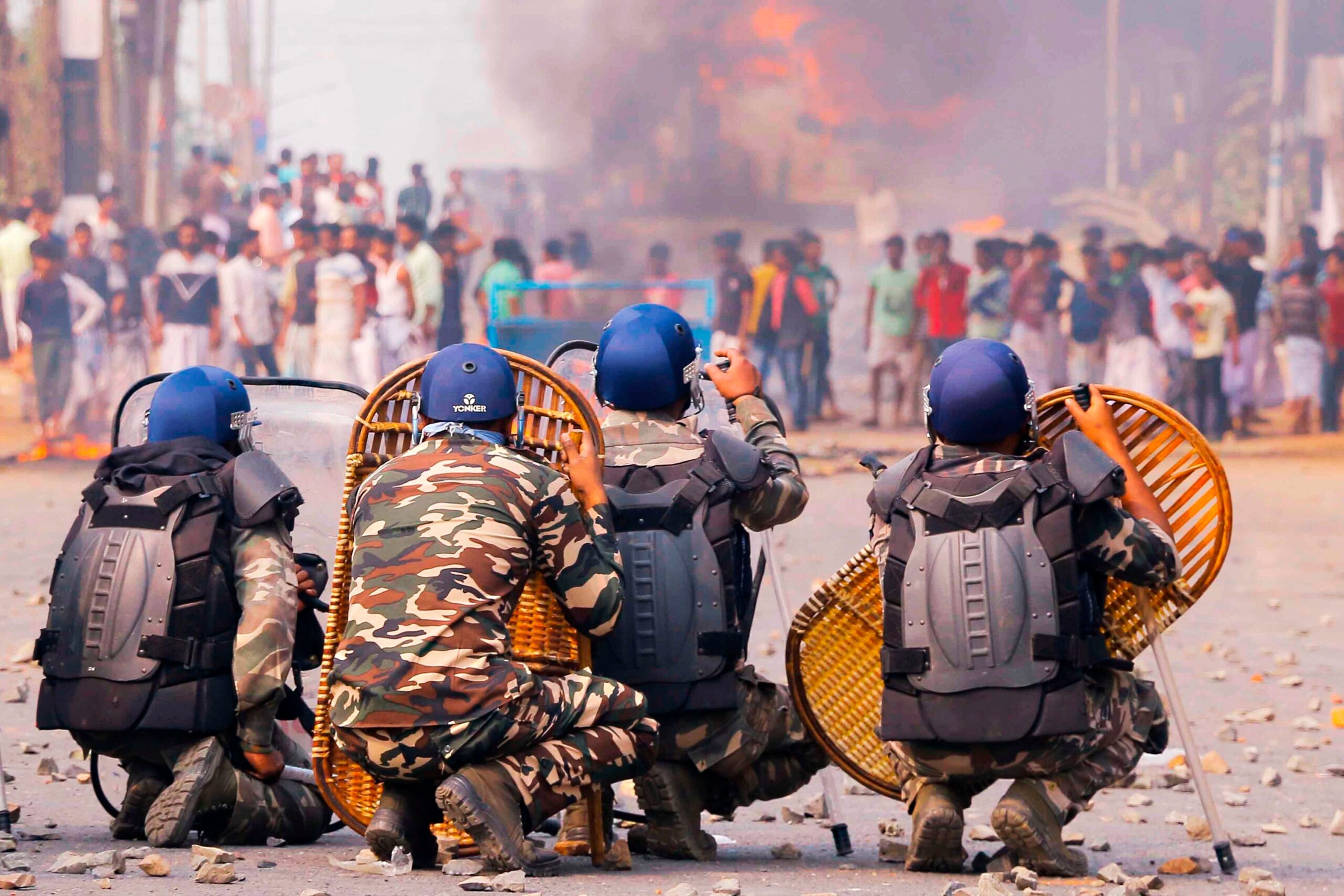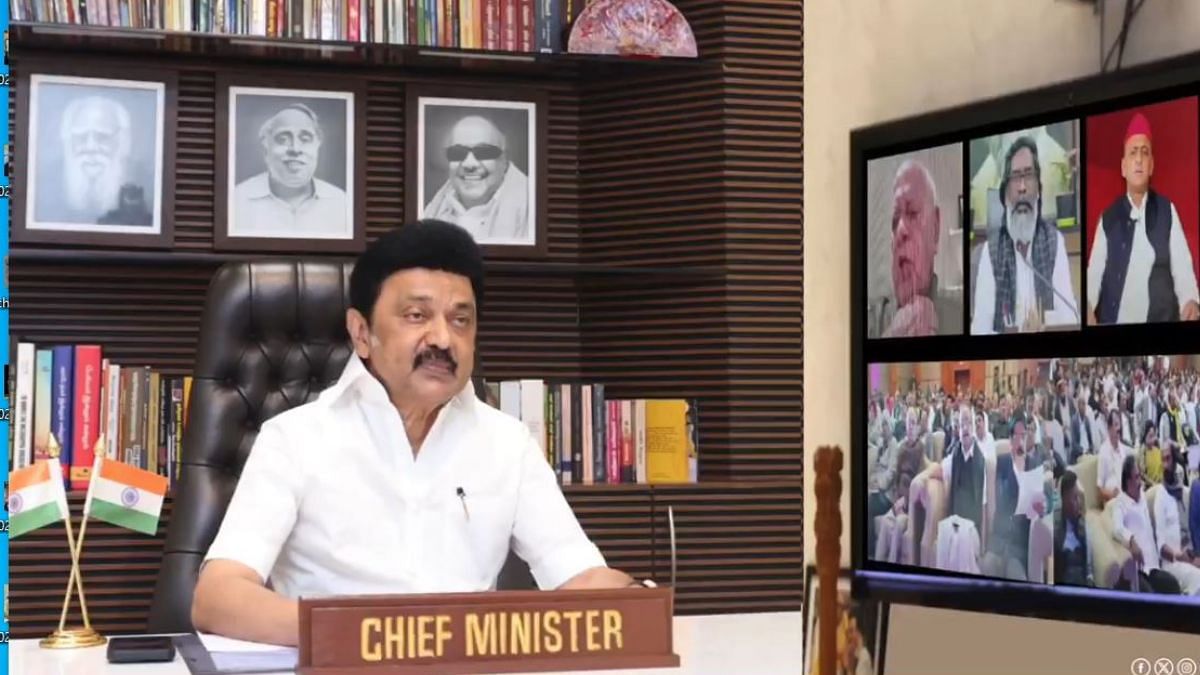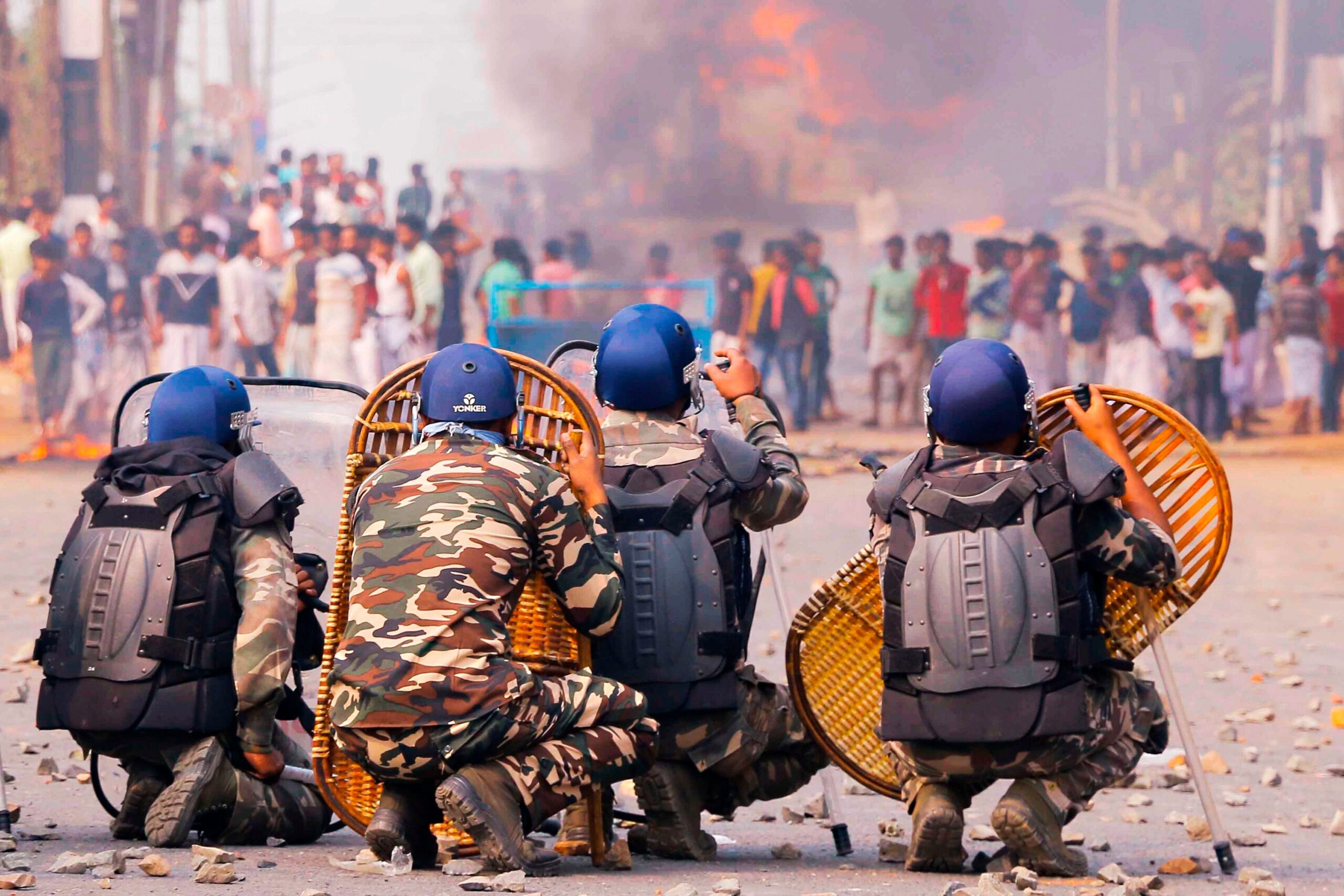
Murshidabad Waqf Act Protests: A District in Turmoil
Murshidabad, a district in West Bengal, has been gripped by violent protests against the controversial Waqf (Amendment) Act. The unrest has resulted in three deaths, over 150 arrests, and the deployment of central forces to restore order. The situation remains tense as political parties trade accusations and the community grapples with the fallout.
The Waqf Act Controversy
The Waqf (Amendment) Act, passed earlier this month, has sparked widespread criticism from various quarters. While the government claims the amendment aims to bring transparency and better management to Waqf properties, critics argue that it undermines the autonomy of religious communities. The protests in Murshidabad have brought these tensions to the forefront.
Violence and Arrests
Violent clashes erupted in multiple areas of Murshidabad, including Dhuliyan, Samserganj, and Suti. Protesters torched vehicles, vandalized property, and clashed with police forces. The violence claimed three lives, including a father-son duo and a young protester. Police have arrested over 150 individuals in connection with the unrest.
Deployment of Central Forces
In response to the escalating violence, the Calcutta High Court ordered the immediate deployment of Central Armed Police Forces (CAPF) in Murshidabad. Five companies of the Border Security Force (BSF) have been stationed in the district to assist local law enforcement. Prohibitory orders have been imposed, and internet services have been suspended in the affected areas.
Political Blame Game
The protests have ignited a political firestorm, with the ruling Trinamool Congress (TMC) and the opposition Bharatiya Janata Party (BJP) trading accusations. BJP leaders allege that the TMC’s “appeasement politics” has emboldened radical elements, while TMC leaders accuse the BJP of stoking communal tensions for political gain.
Community Impact
The violence has left hundreds displaced, with many seeking refuge in neighboring districts. The social fabric of Murshidabad has been severely strained, and the community is struggling to recover from the chaos. The incident has raised questions about governance, law and order, and the state’s ability to maintain communal harmony.
Conclusion
As Murshidabad grapples with the aftermath of the Waqf Act protests, the focus remains on restoring peace and ensuring justice for the victims. The incident serves as a stark reminder of the challenges facing West Bengal and the need for effective governance and dialogue to address underlying issues.



